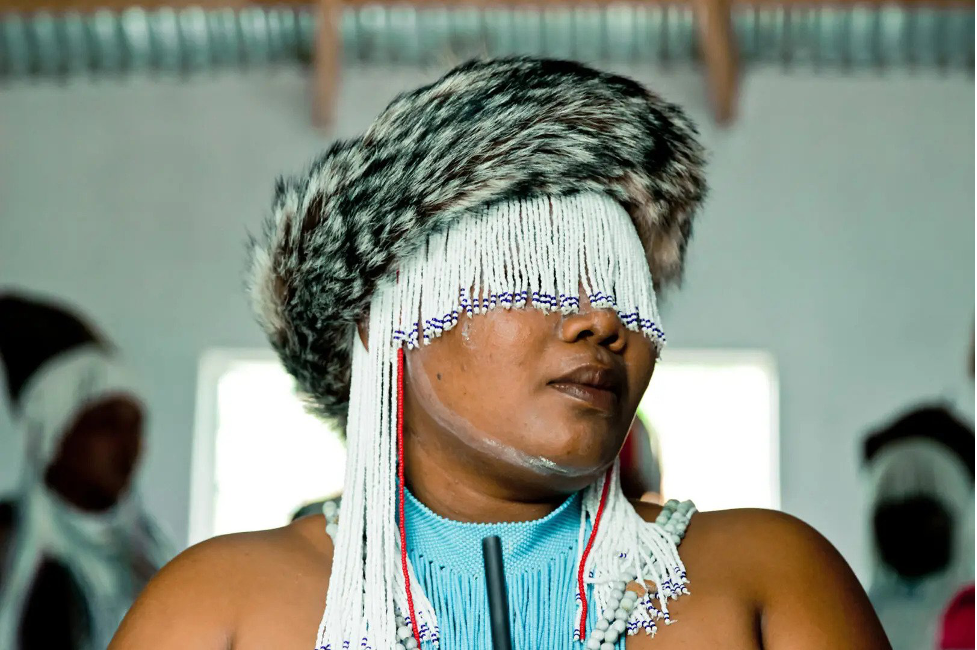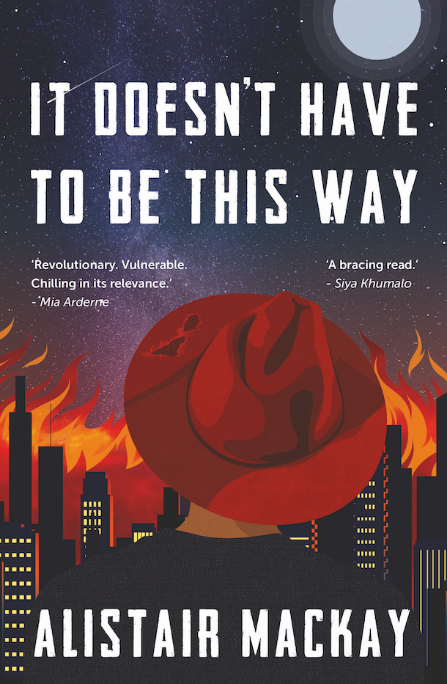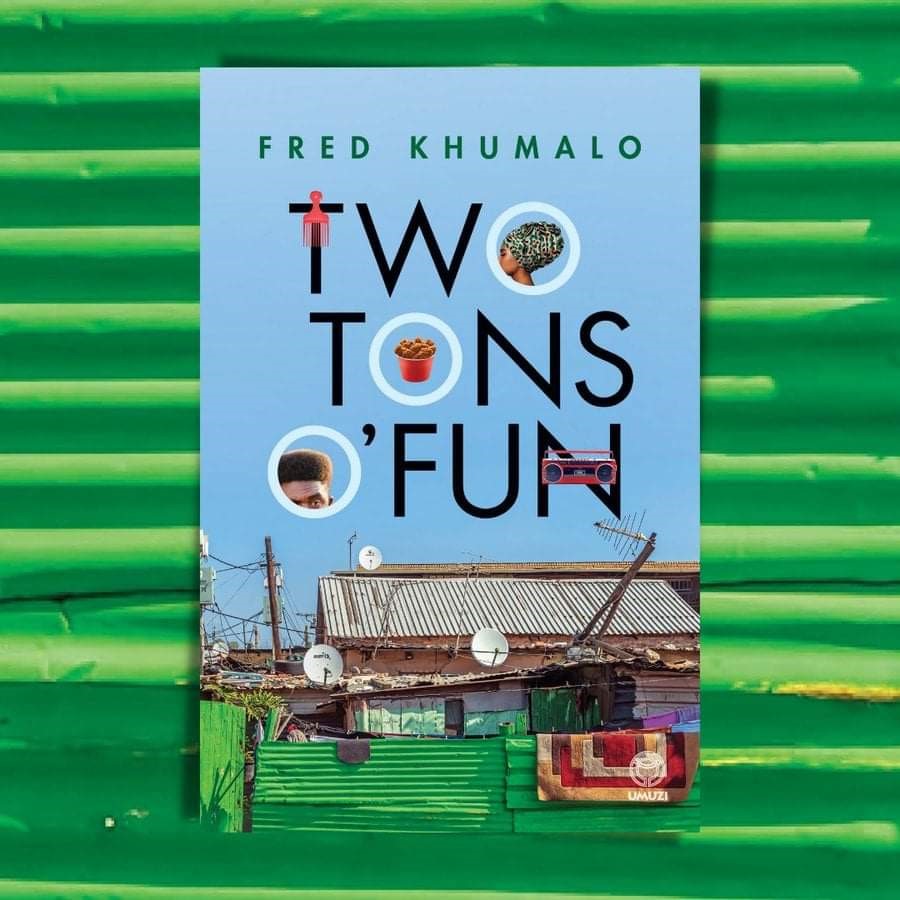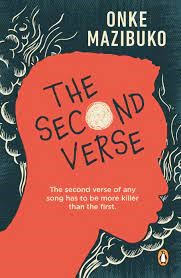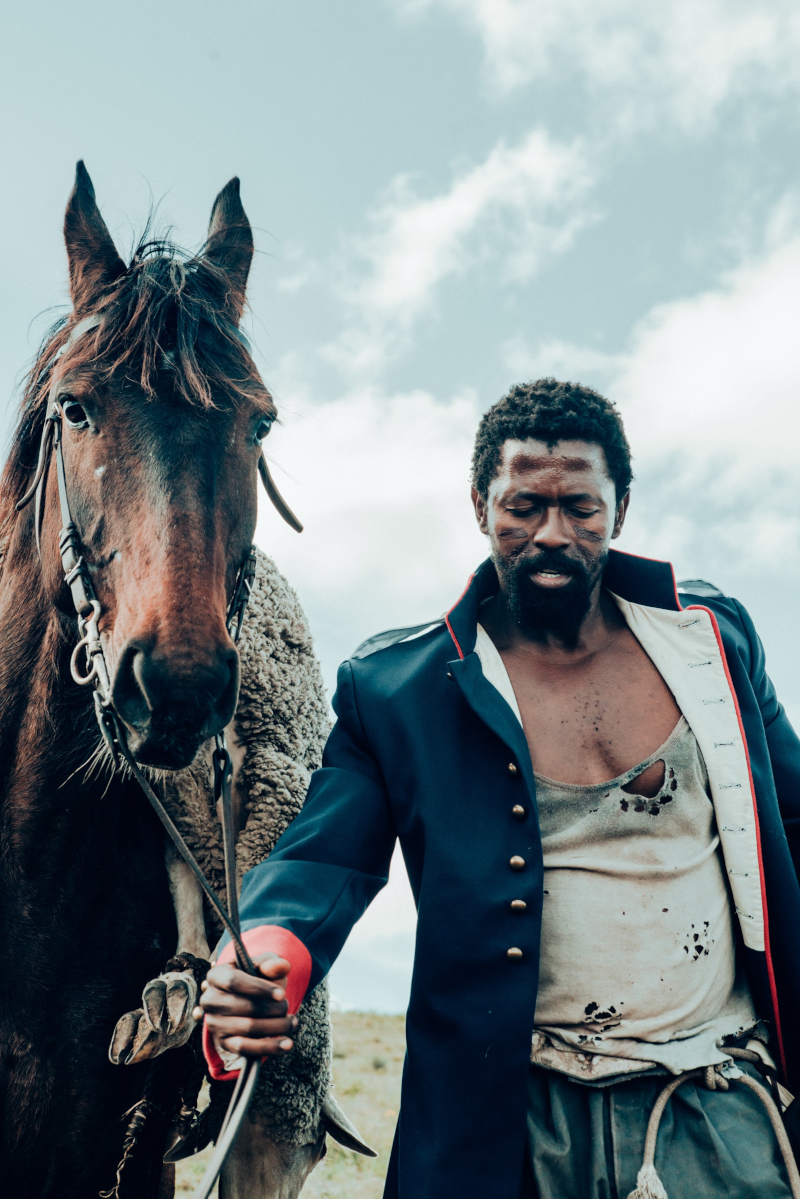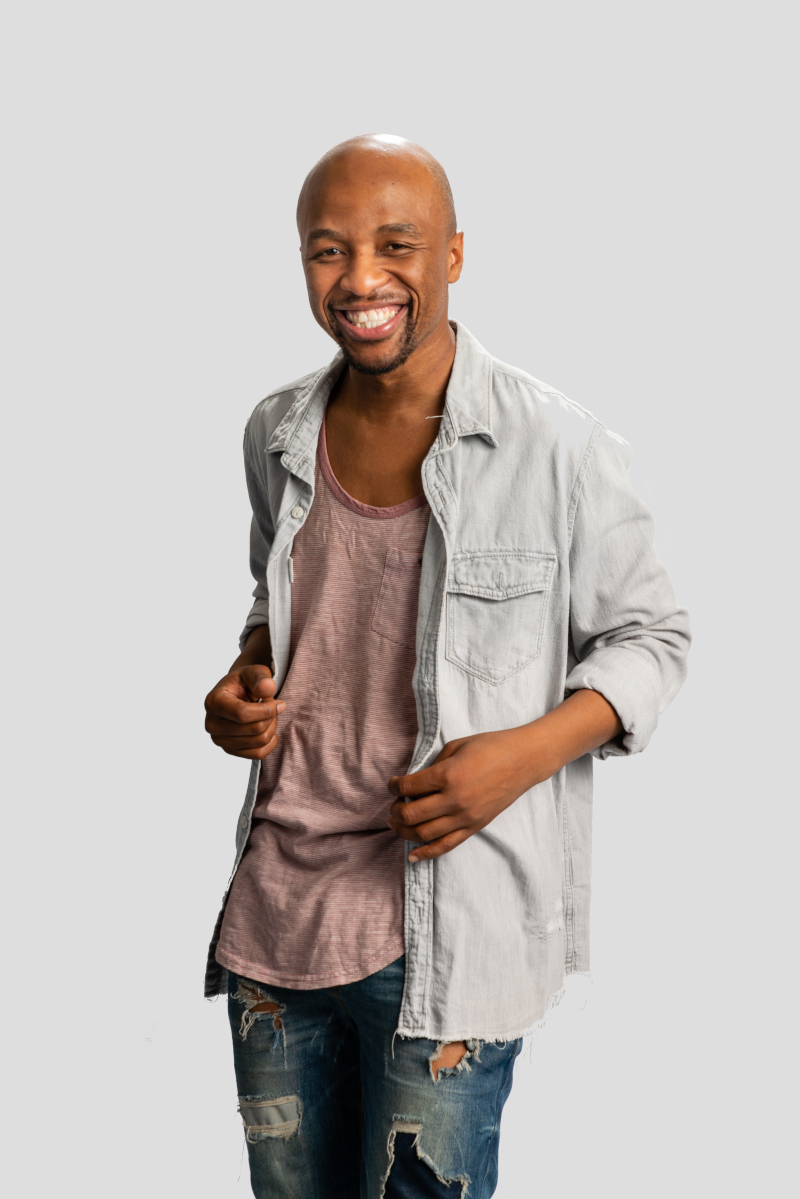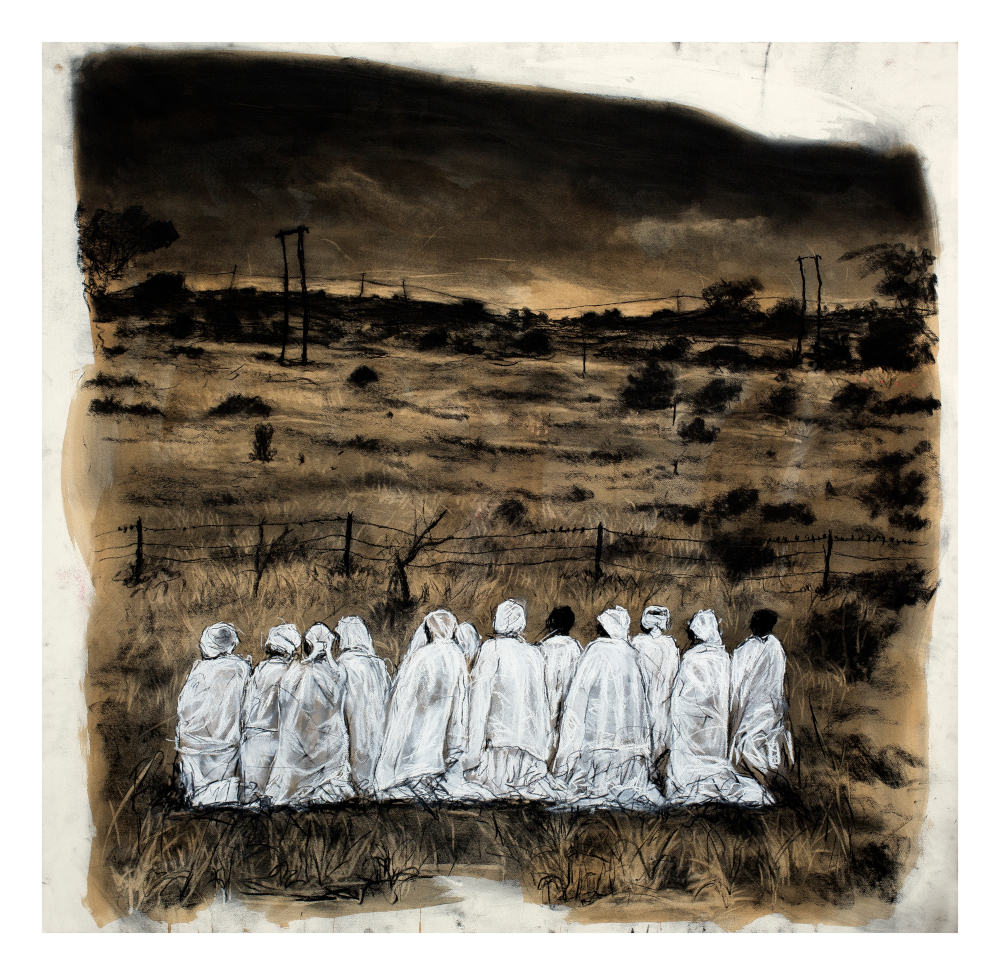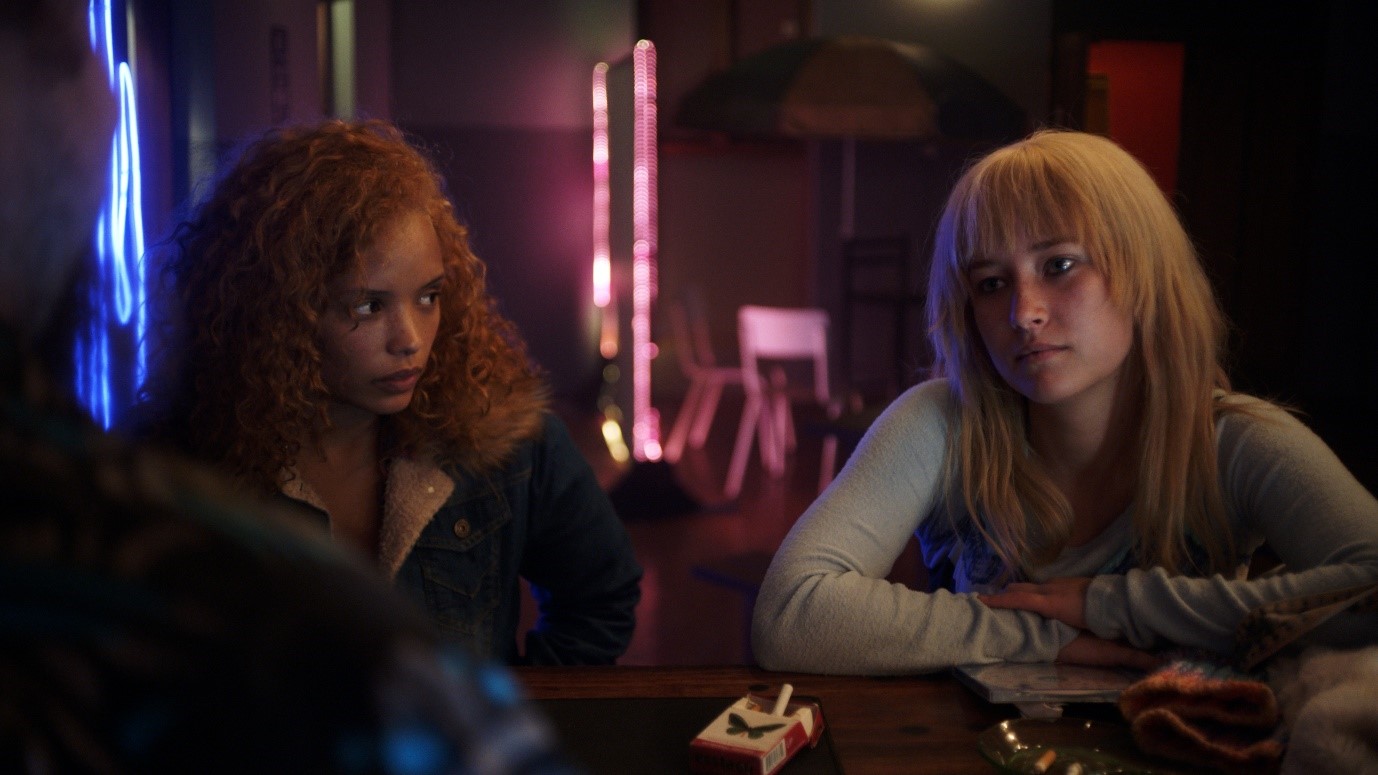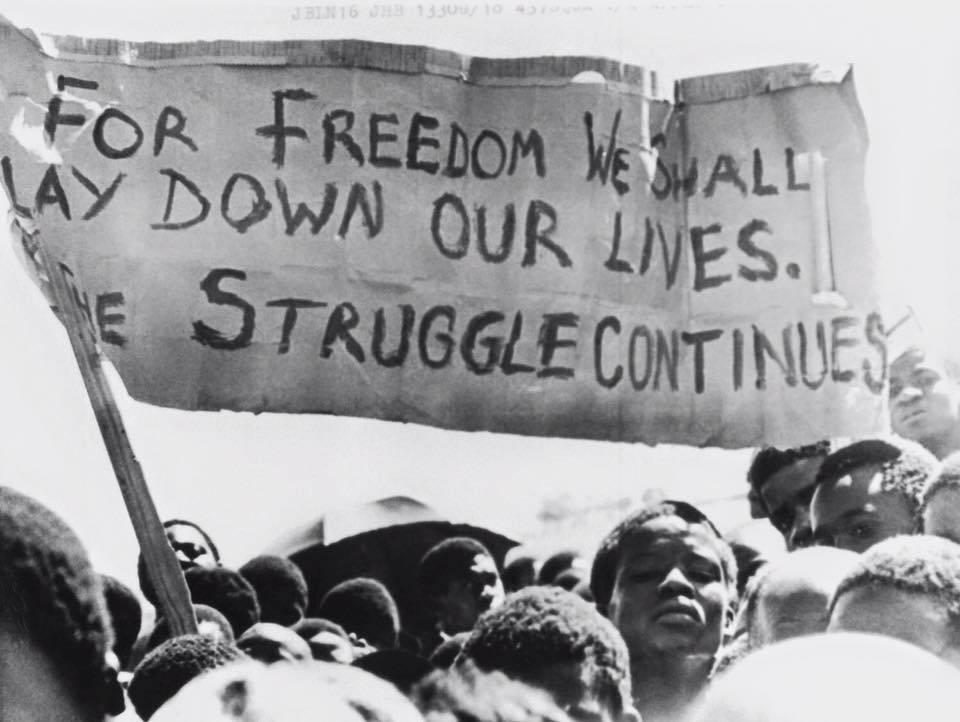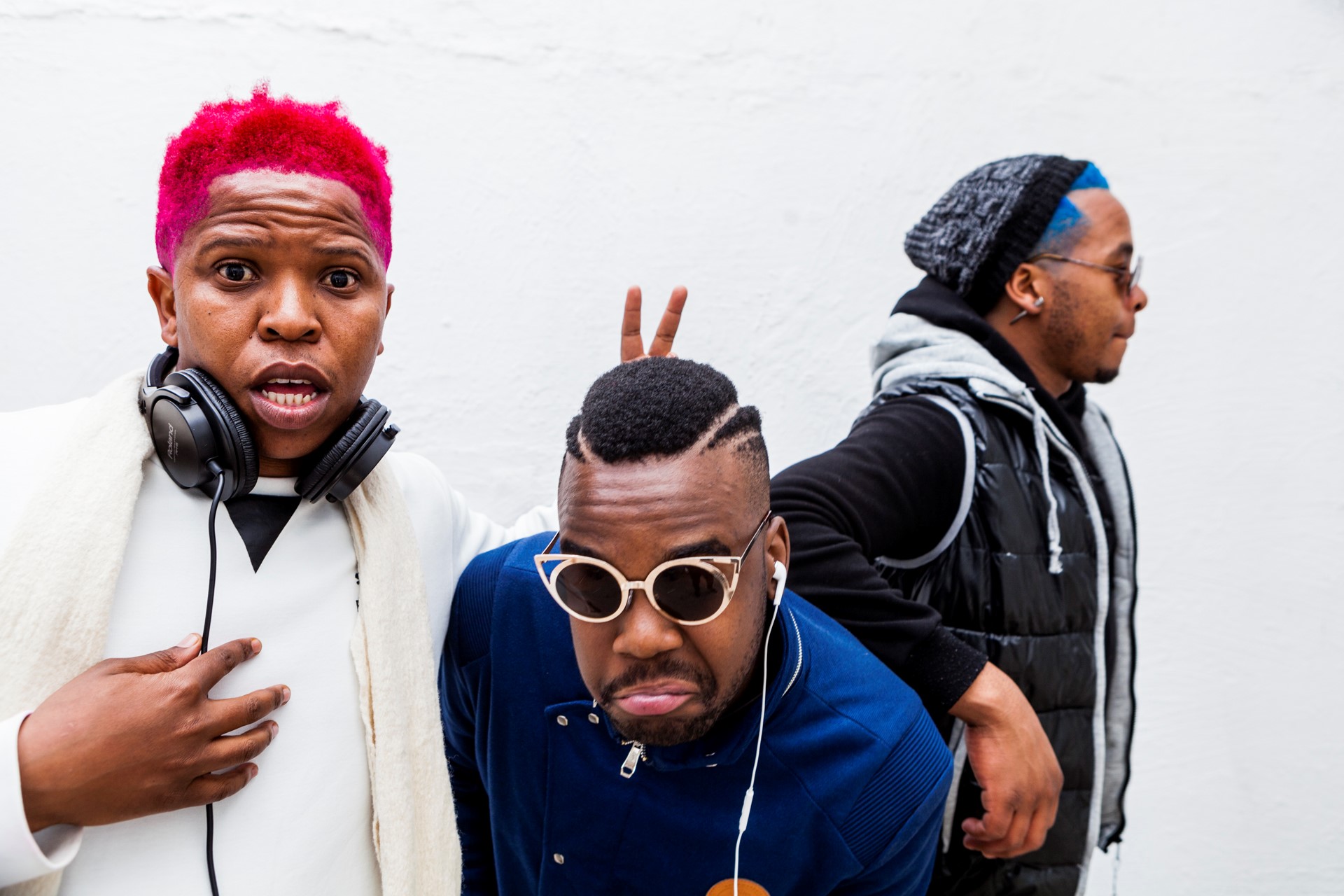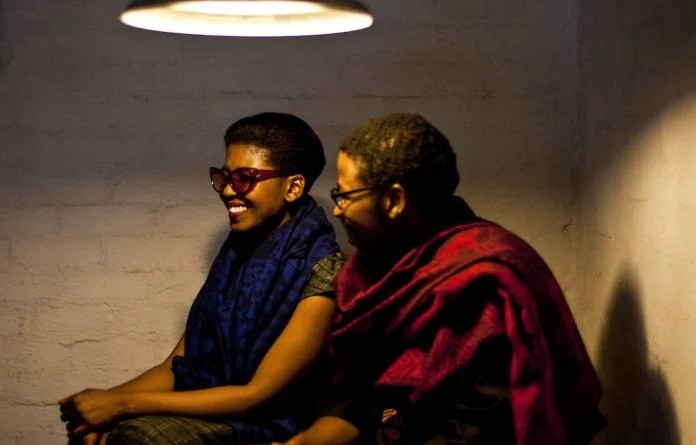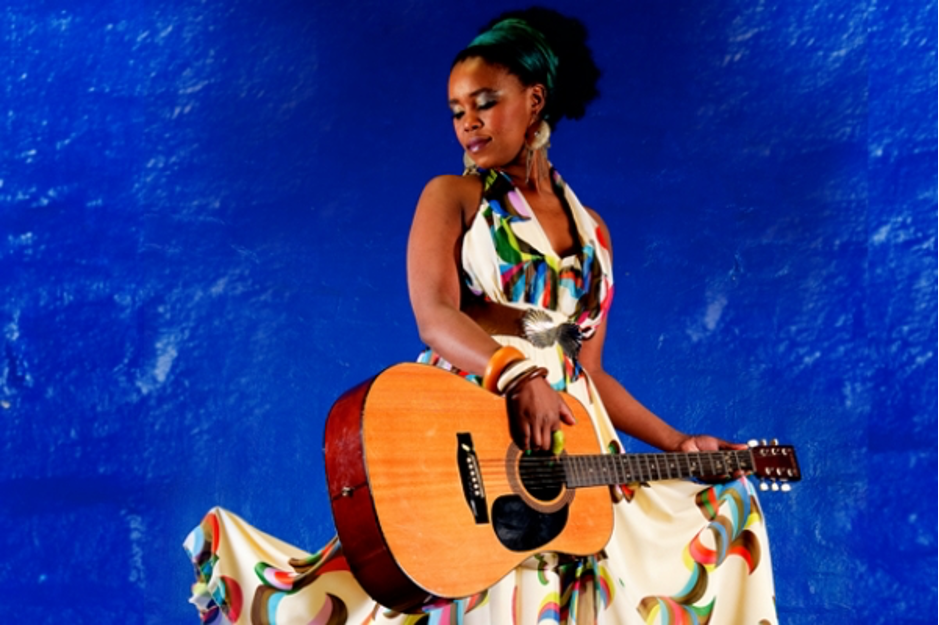Conversation with vangile gantsho about smallgirl rising: connecting the Divine Black Feminine
It was American poet Langston Hughes, who said "Travel is the best cure for bigotry and narrow-mindedness”. A broader sense of the world may not be acquired by “vegetating in one little corner of the earth all of one’s lifetime”. In traversing new spaces an artist’s work not only offers lessons, reflection and healing for the audience but also the artist. “We want to see a world that is healed, or in dedicated pursuit of communal healing,” says South African poet vangile gantsho. Together with fellow poet and co-founder of Hear My Voice, MoAfrika ‘a Mokgathi, they will be on a month-long four-city tour in the United States this month. Named after Langston Hughes- who worked as a busboy at the Wardman Park Hotel in the 1920s, before gaining recognition as a poet- BusBoys and Poets in Washington DC, will be one of the performance venues. Other performances will take place in New York, Philadelphia and Pennsylvania throughout April which also happens to be National Poetry Month. Before she jetted off, Rolland Simpi Motaung (RSM) caught up with this healer and co-founder of impepho press- vangile gantsho (VG) to get more detail on smallgirl rising: connecting the Divine Black Feminine and her views on travelling as artists.
RMG: I am sure it has been a hectic couple of weeks, with Time of the Writer in Durban, sis’ Gloria Bosman’s memorial, academic work and parenting. Now you are preparing for your trip to the United States, tell us a bit more about what smallgirl rising is all about.
vg: smallgirl rising: connecting the Divine Black Feminine is an intergenerational conversation through a series of writing, sharing, cooking and breathing installations designed to encourage deep listening as a way of speaking into the separation that has made way for (and feeds off) the oppressive hierarchical systems of race, patriarchy, capitalism and erasure. Using indigenous healing modalities – as they are carried through three generations of black women's bodies – these activations and reverberations seek to connect and expand the power of collective memory. We are invoking the names of black women – kings, politicians and grandmothers whose names have been swallowed by time.
RMG: This sounds like an exhilarating experience for both the artists and audiences. I wonder though, can poetry truly heal a nation, can poetry offer an alternative route towards reflecting, and finding healing from our traumas?
Poetry and music – both as art forms and as mediums for healing – make possible the intergenerational conversations that conscientize us to what we do not hear. What we have not heard. On a macro level, poetry presents us with the opportunity to explore how black people (women) hold memory through language. What secrets are passed on through ritual and dreaming as compasses to guide us towards our restoration.
RMG: You will be travelling with poet, cultural activist and author MoAfrika wa Mokgathi, who else is involved in this smallgirl rising initiative?
vg: We are a core team of four: me, Dr Mandisa Haarhoff, Wema Ragophala and MoAfrika wa Mokgathi. And then we are travelling with Loss-iLahleko (ed. Itumeleng Qhali) and Initiate Wellness (Nomfundo Zama), in that their books and products are a part of the work we will be doing.
Then there is the village… poet Katleho Kano Shoro in Philly, Jonathan B Tucker and Holly Bass in DC, Dr Allia Abdullah-Matta, Kathy Engel, PitsiRah Yamabala, Yoli Zama and Lesedi Ntsane in New York… Yho! We are held by Ebukhosini and Hear My Voice. We are supported by The Forge along with our families and friends, all of whom have very practically donated money, time and resources towards our trip.
“We really hop on the plane as two physical bodies but travel as twenty thousand waves.”
RMG: That is a sensational multidisciplinary team of creatives you will be travelling and working with. You have travelled a bit over the years as a poet; take us back to the very first country you travelled with poetry and how was your experience?

vg: The first country poetry took me to was the USA in 2015 for the #AzaniatoDC tour. I had travelled a bit before with family and for leadership conferences, but this was the first time Poetry paid for my flight ticket. And it was glorious. There were some challenges, travelling with people I wasn’t used to and who didn’t always share the same work ethos as me (not bad or good, just different), but it was a huge learning curve for me. And deeply affirming.
Then there was New York. Visiting New York, alone, after the other poets left was the truest affirmation I have ever known. Sitting in the heart of God, as Kahlil Gibran would say. I sat with writers from different backgrounds and genres. The trip coincided with PEN Voices International Literary Fest and I met Toni Blackman who facilitated my meeting Chimamanda Ngozi Adichie. I had dinner with Mam Rashidah Ismali AbuBakr and Mervyn Taylor. Hung out with scriptwriters at the film festival, and danced with poets I had just met. I did the open mic circuit and jammed with poets from Texas in a queue outside the Nuyorican. Listen! Abantu abadala showed themselves vha! And after that, I went to Gabon. And it’s been a rollercoaster of high highs and low lows ever since.
“I think New York was how abantu abadala assured me that I was on the right path, and I will be ok.”
RMG: And here you are again about to take another bite experience from the Big Apple. Let’s talk about flexibility and freedom regarding travelling. From the heydays of No Camp Chairs Poetry Picnic in Pretoria, I would assume as a poet you had more room to pack a backpack and hit the road. How has your level of flexibility and freedom to travel changed over the years especially now as a parent, publisher, healer and just Adulting?
vg: Yho! I feel like this question touches me in my studio! I have always valued my freedom. And have always seen myself as a “pack my bags nanini na” kinda woman. Now, I have to weigh up so many things against each other, does it make financial sense? Do abantu abadala agree? Is it worth my being separated from my daughter? How much spiritual work will be required of me? So many things! And as difficult as it is to have to life with other people in heart, it makes my life more rewarding. Everything weighs more now. The work means something. I am purpose-driven and intentional. I am aware of how much my daughter is watching me.
So the irony (maybe…) is that we will be hosting an activation that resembles No Camp Chairs in New York at Prospect Park. umthendeleko, a sacred communion. So as much as things have changed and freedoms have transformed, we’re still travelling poetry hippies trying to get people to commune together. And because that is umsebenzi wabaphezulu, I continue to be gifted with passport stamps and new playgrounds.
RMG: Speaking of passport stamps, a few years back I was in Botswana for an Arts event; one attendee was stunned that I was an artist from across the border. “South Africans don’t travel!” she confidently declared. Amongst other thoughts I went through, perhaps her point was that for most artists travelling may be a luxury they can’t afford. With such possible barriers what cost-effective travel tips can you give to artists- and people in general- who want to travel; be it within the continent or overseas?
vg: Create a network. Ask friends about their friends. If this helps you save on accommodation, you are in for a win. But even if it doesn’t, locals don’t get swindled as easily so your rand is likely to go further. Stay at a place where you can have breakfast, this way you don’t feel the urge to eat out too much. It’s much more affordable to travel on the continent than to go abroad, but regardless of where you are, for the time you are there, live in their currency. Decide how much you have, in that currency, and work with that. Constantly converting will make you miserable.
RMG: Great tips Gogo! So, in conclusion, often international trips are long and draining, who are some of the musicians (playlist) and authors (books) normally accompanying you in your travels?
vg: The Prophet by Kahlil Gibran is my Bible. I’m never without the impepho titles. I’m likely to have my copy of Loud Yellow Laughter somewhere in my suitcase. And everything else depends on where I am in life and why I’m travelling.
Thandiswa Mazwai, Nduduzo Makhathini, Simphiwe Dana, Nina Simone, Tracy Chapman and Meshell Ndegeocello those are my people. We don’t leave unless we’re travelling together. Then it depends. For this trip, I’m feeling comforted by 90s R&B. I’m listening to Changing Faces, Alfonzo Hunter and Deborah Cox. (All artists who remind me of my late uncle Siyabulela.) And iingoma zamagqirha. Because of the work we’re doing, I’m also listening to a lot of the black and brown women whose poetry is available for listening to online. Aja Monet’s new work is beautiful. Titilope Sonuga is water. Sonia Sanchez, Joy Harjo, Ursula Rucker… these humans are reminding me of the why. //

Undoubtedly, the experiences of artists travelling abroad can be transformative, allowing them to encounter new cultures, ideas, and perspectives that can broaden their work. By bringing their unique perspectives and experiences to their art, artists can also create work that offers their audience an opportunity to learn, reflect, and heal. With an unwavering advocacy of reviving the Black Feminine, smallgirl rising: connecting the Divine Black Feminine is a multifaceted ingenuity that seeks to amplify gantho’s work as a poet and healer. gantso is also the author of two poetry collections: red cotton (2018)- which was named City Press Top Poetry Read of 2018 and Undressing in front of the Window (2015). Catch her alongside an army of potently multitalented artists across the US in April.

